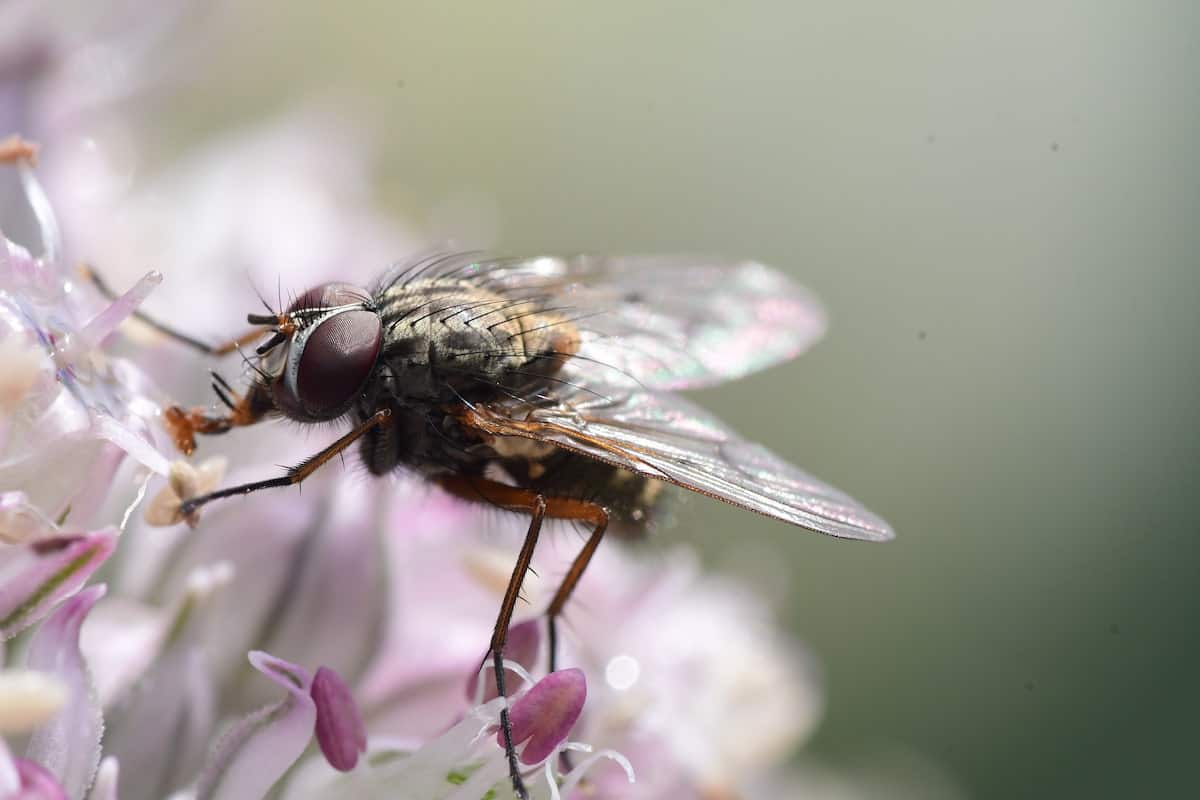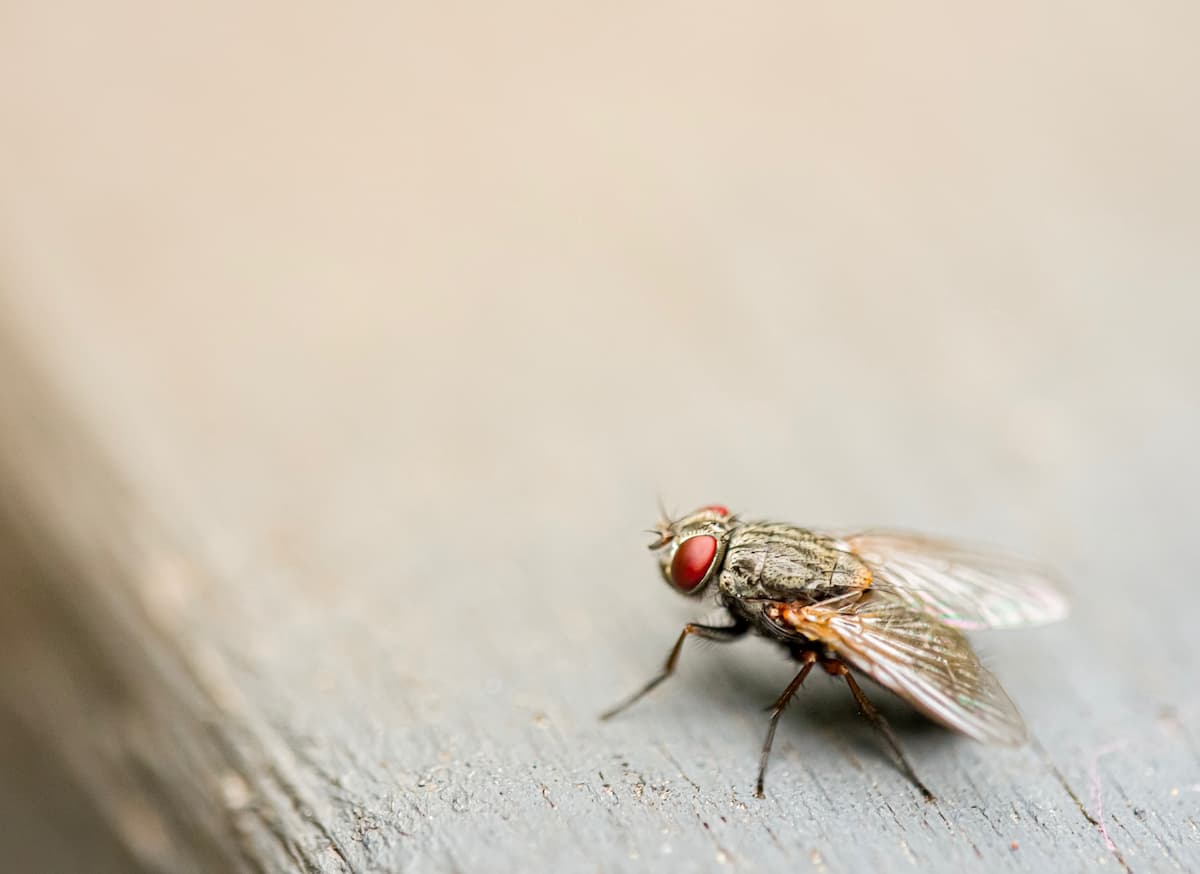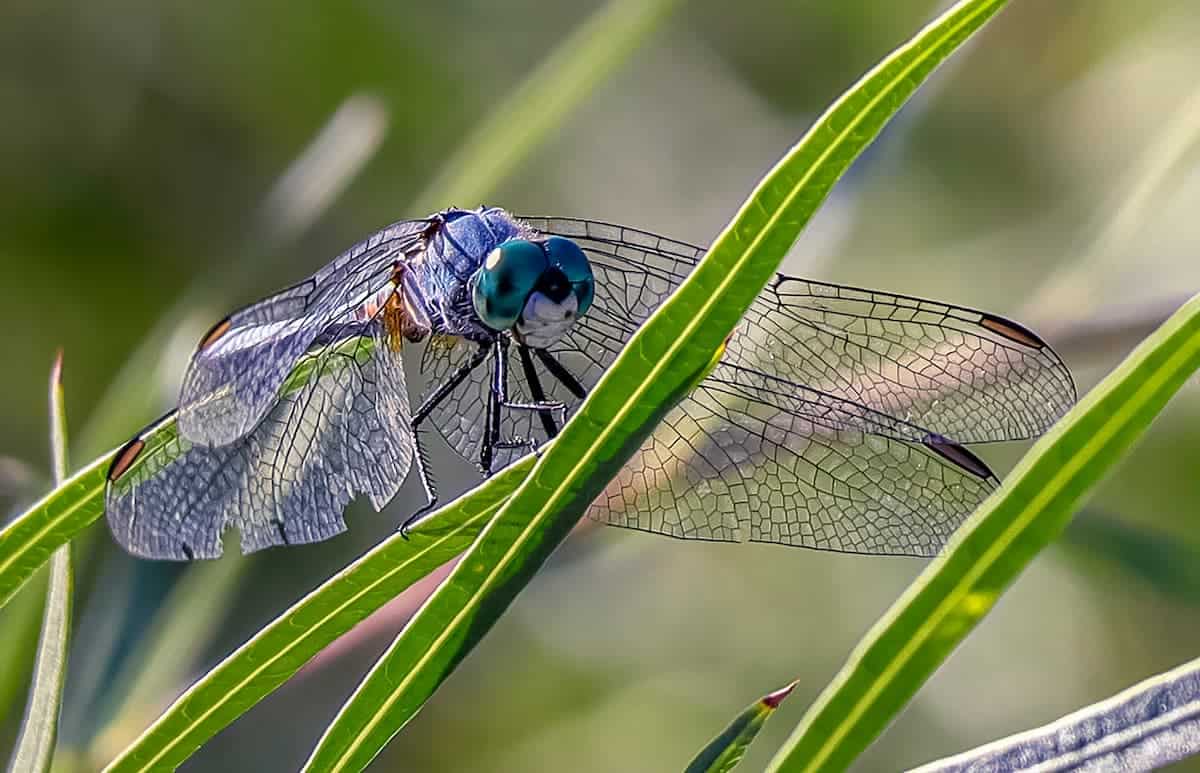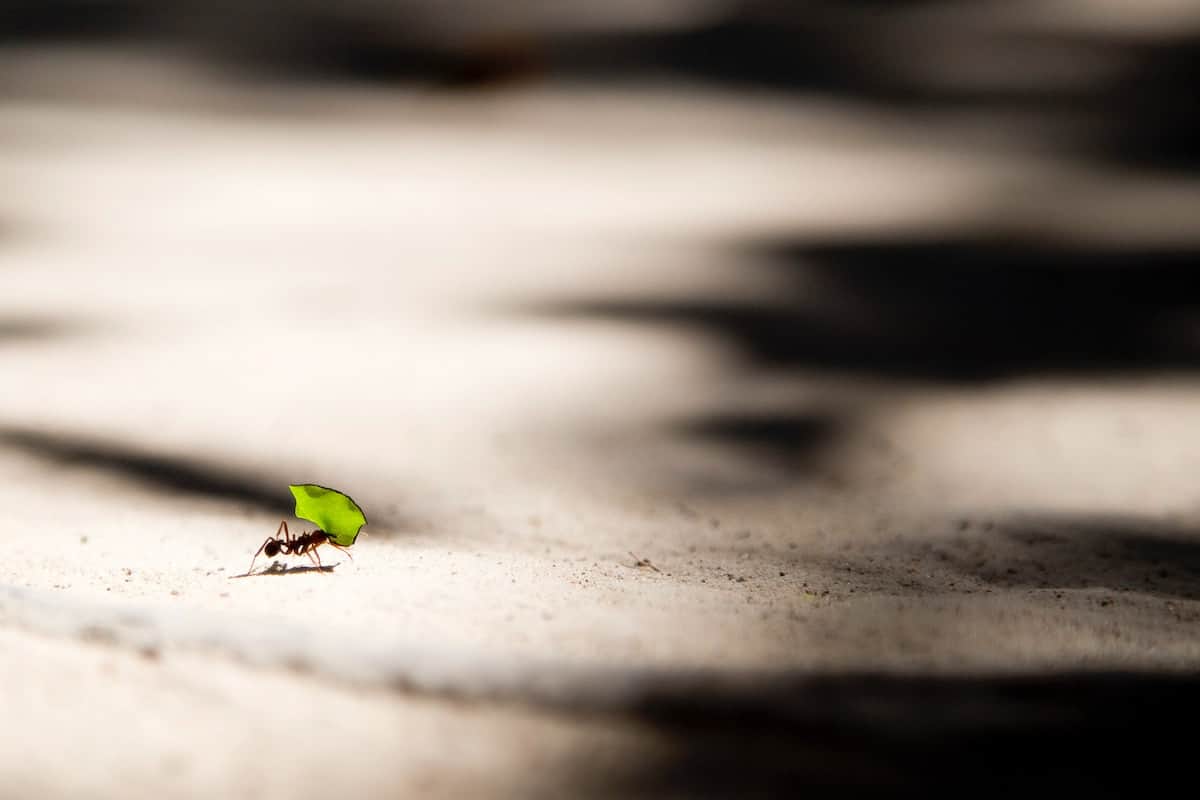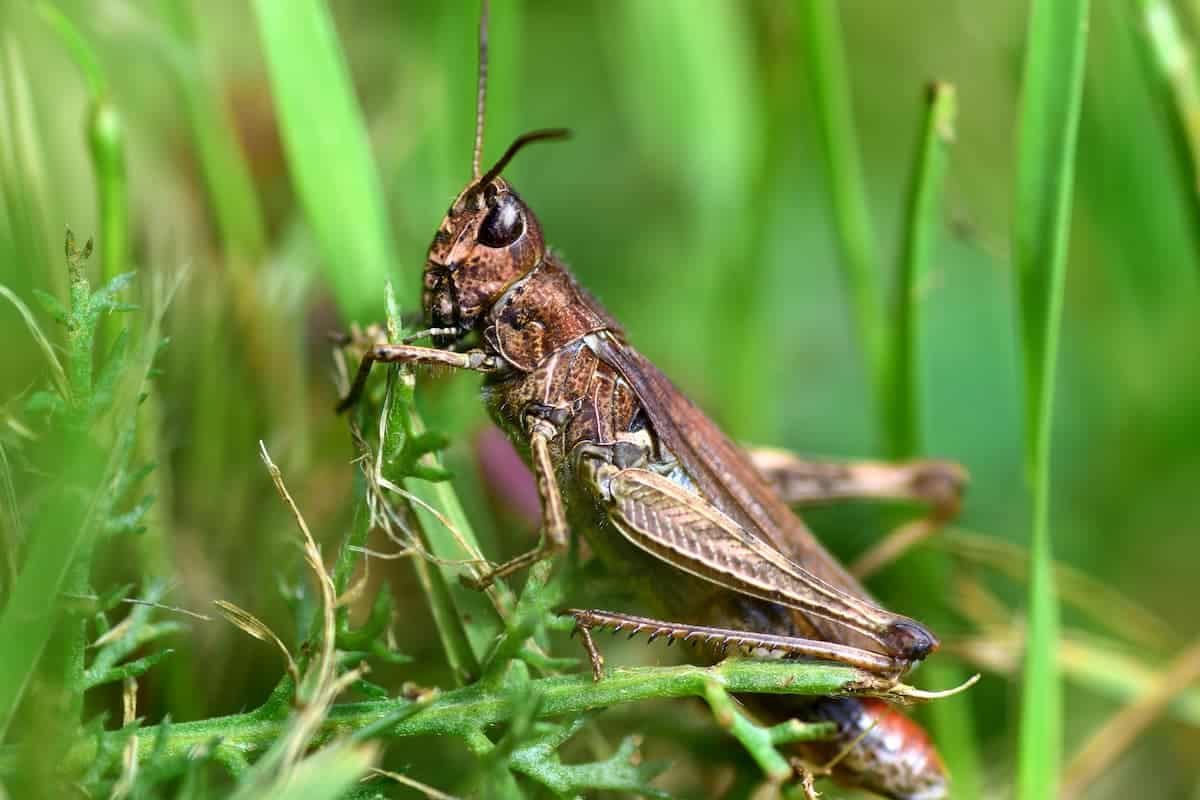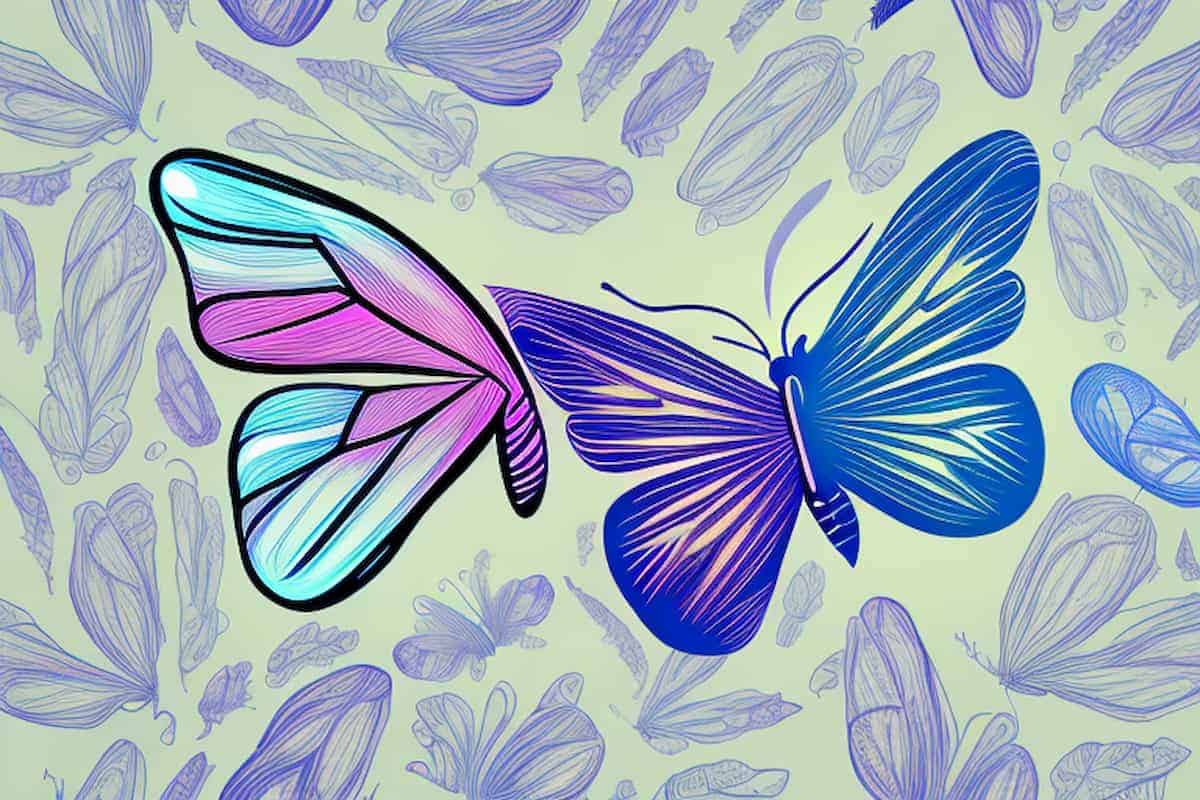The only time you probably take notice of a fly is when they are irritating you. But have you ever wondered if flies sleep, considering where, when, and how? This article will outline and detail flies’ sleeping aspects, answering all these questions and more. In some instances, their sleeping characteristics are similar to humans. Read on to find out why they sleep just like we do.
Do Flies Sleep?
The answer is yes; flies indeed do sleep. Two characteristics govern a fly giving it the ability to sleep, and these two characteristics are namely;
- Central nervous system
- Circadian behaviors
Flies And A Central Nervous System
Although flies do not have a hypothalamus (control center of nerve cells that control sleep in the brain) as humans do, they do have a nervous system (of sorts) that helps to control and regulate their sleep.
A ventral nerve cord (the equivalent of a human spinal cord) is packed with inhibitory neurons and acts as a channel allowing signals to pass through the fly. Additionally, lateral ventral neurons (also associated with a fly’s circadian network) control the regulation of waking and sleeping.
Lastly, regions that include the dorsal fan-shaped body and the mushroom body promote sleep due to the fact that they contain waking and sleeping promoting neurons.
Flies And Circadian Behavior
Circadian behavior (rhythms) are specific characteristics, patterns, and behaviors that can be found in humans, animals, plants, and insects (in this case, flies) that follow a 24-hour cycle. Some of these characteristics include;
- Physical characteristics, patterns, and behaviors
- Mental characteristics, patterns, and behaviors
This natural process that occurs over a 24-hour period is a primary response to the day and night cycle (light and dark).
These two main elements of a fly’s anatomy (their central nervous system and circadian rhythm) will allow them to sleep.
Do Flies Sleep At Night Or During The Day?
Due to flies being regulated by the nervous system and governed by circadian behavior, they will tend to sleep at night. However, they will sometimes take naps during the daytime.
How Long Do Flies Sleep?
Although they take short naps during the day, they will primarily sleep for 12 hours at a time at night.
Do Flies Sleep Deeply?
Studies have shown that flies, in addition to needing sleep, also sleep similar to humans in terms of deep sleep.
Deep sleep (unlike REM sleep) is when the body and brain waves are characterized as slowing down. The studies showed that flies appear to have two stages of sleep, alternating between lighter and deeper sleep.
Additionally, it also showed that if flies activated learning pathways during the day, they would need deeper sleep at night. They did this by recording a fly’s brain activity in response to mechanical stimuli.
Where Do Flies Sleep?
Flies are cold blood insects, meaning their body temperature is not regulated internally but rather varies with the surrounding environment.
Due to this aspect of their anatomy, they will tend to sleep where it is dark and somewhat warm. This will help regulate their body and their deep sleep patterns. As such, some places that a fly will sleep can include;
- Walls
- Ceilings
- Under leaves
- In grass
- On branches
- Tree trunks
- Corners
- Curtains
- Flat surfaces
It will help to remember that they will need deep sleep, so anywhere where it is warm and can aid in contributing to this part of their sleep (especially if they have been extremely active) will be effective. This means they can pretty much sleep almost anywhere. If you wanna know more where do flies sleep check out our article on it
How Do Flies Sleep?
Flies will tend to sleep on their backs with their legs in the air. Why is this? Due to the fact that flies are cold-blooded insects, they need to be able to regulate their body temperature correctly in order to stay warm.
Studies show that the precise regulation of their body temperature along with their circadian clock is essential in promoting sleep.
Thus, when they turn over, they allow more of a surface area (their body) to be exposed to the environment, which in turn will regulate their sleep more consistently. This correlates to why flies tend to sleep in environments where it is warmer.
Which Flies Sleep The Most?
There are an estimated 1 million species of flies, and out of the ones that have been observed, the fruit fly has been known to sleep for up to 16 hours a day when in the wild.
However, when they are isolated, their brain cells, known as P2 neurons, will undergo changes, and when this occurs, they will sleep and eat less.
Do Flies Sleep More In Winter Or Summer?
Flies will tend to hibernate when it is winter. Being cold-blooded, they prefer warmer temperatures which accelerates their metabolic rate and promotes better sleep. Hibernating will allow the flies to extend their life expectancy.
However, studies show that neurons that promote sleep in flies that register immediate temperature changes by using sensory cells in their antennae and body do not aid in increasing or decreasing their sleeping duration.
Conclusion
We discovered that flies indeed sleep, and they sleep in a way just as humans do. This is because their nervous system and circadian rhythm regulate their sleep. Additionally, their brain functions similarly to humans, whereby they will need increased rest if they are overstimulated.
However, they are cold-blooded (unlike humans), which also plays a large role in their sleeping regiment, controlling where and how they sleep. This factor means they will sleep where it is warm and on their backs.
